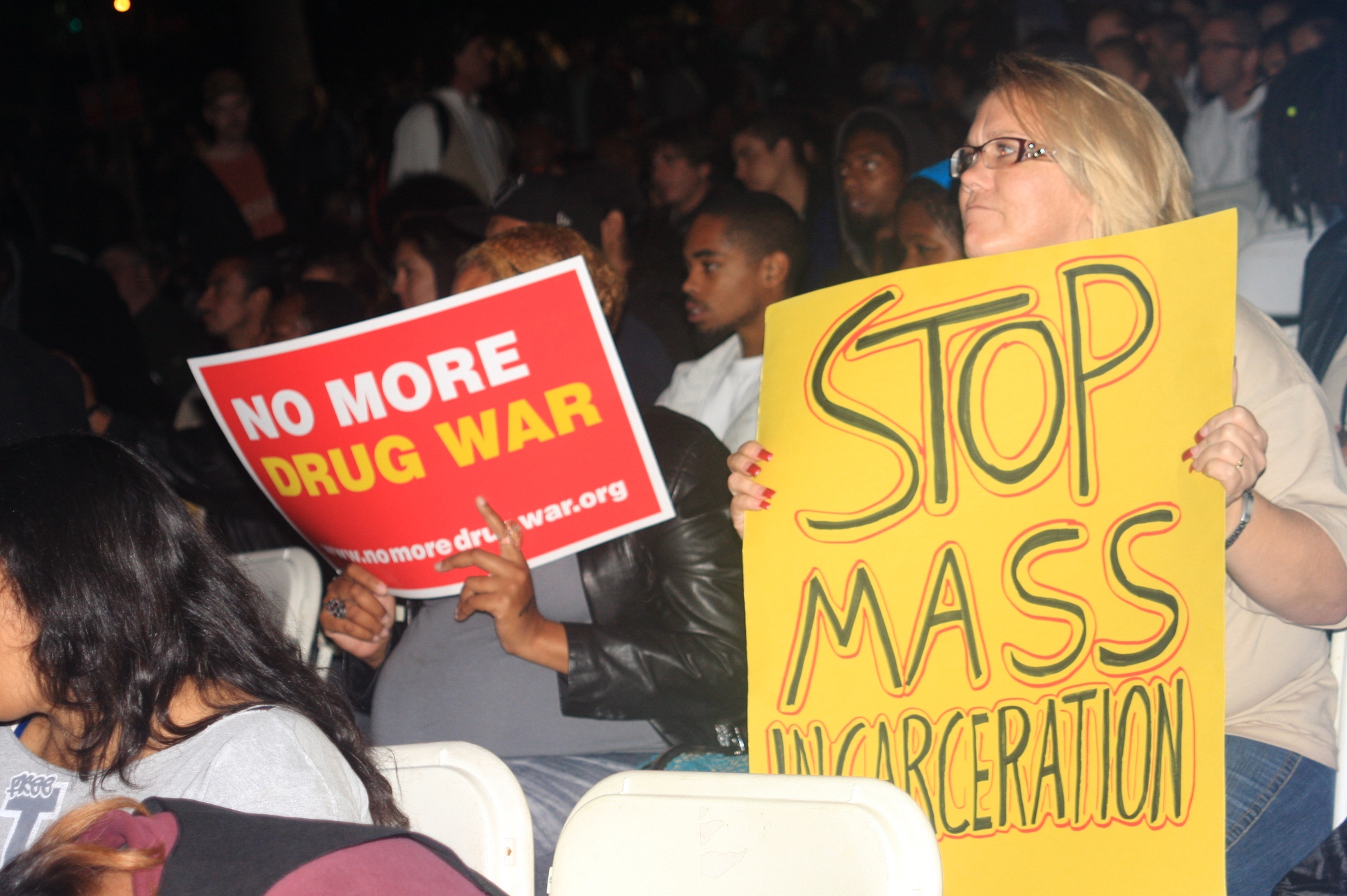On June 15, ahead of the 50th anniversary of Nixon’s declaration of the “War on Drugs,” Democratic Representatives Bonnie Watson Coleman (D-NJ), and Cori Bush, (D-MO), have unveiled the Drug Policy Reform Act (DPRA) to help right some of its wrongs.
The bill, developed with the help of the Drug Policy Alliance (DPA) and the first of its kind, would end criminal penalties for all drug possession at the federal level. It would also transition regulatory power from the attorney general to the secretary of health and human services (HHS), expunge drug-related criminal records and provide for resentencing options, and invest in health-centered approaches to drug use. The legislation additionally addresses many lifelong ramifications associated with drug convictions, like denial of employment, voting rights and immigration status.
“I’m proud to partner with Congresswoman Watson Coleman on legislation to end criminal penalties for drug possession at the federal level and repair harm in the Black and brown communities,” Rep. Bush said in a statement. “It’s time to put wellness and compassion ahead of trauma and punishment.”
“Every 23 seconds, a person’s life is ruined for simply possessing drugs,” Queen Adesuyi, a policy manager for the DPA’s Office of National Affairs, said in a statement. “The drug war has caused mass devastation to Black, Latinx, Indigenous and low-income communities, and today we say, ‘Enough is enough!’ We will not be subjugated any longer by an offensive that was created solely with the purpose of ‘disrupting’ our communities.”
Since President Richard Nixon told gathered reporters that “drug abuse” was “public enemy number one” on June 17, 1971, the US has seen decades of prohibitionist tactics, violent policing and zero-tolerance policies, leading, among many other consequences, to a disproportionate number of Black people incarcerated on drug charges. And while many states have legalized cannabis with promises of expungement and loosened laws around psychoactive substances like psilocybin, drug-policy enforcement in the country continues to stand out for its aggression. Of 1.5 million US drug arrests in 2019, almost 87 percent were for simple possession.
DPRA would go further than many previous bills that have yet to reach President Joe Biden’s desk. The Marijuana Opportunity Reinvestment and Expungement Act, recently reintroduced by Democratic Congressman Jerry Nadler after failing to reach the Senate in late 2020, would federally decriminalize only marijuana and invest in those communities disproportionately suffering from the drug war. Senate Majority Leader Chuck Schumer, along with fellow Democratic Senators Ron Wyden and Cory Booker, have long promised to unveil legislation that would legalize cannabis at the federal level with social justice priorities.
Public opinion on the drug war has slowly yet dramatically shifted. Last November, Oregon voters approved a measure that decriminalized all small scale drug possession, and researchers have navigated around bureaucratic hurdles to make strides in using MDMA to treat mental health conditions like post traumatic stress disorder (PTSD). And on the national stage, a new poll released by DPA and the American Civil Liberties Union (ACLU) revealed that 83 percent of respondents believe the drug war to be a massive failure; 66 percent favor dropping criminal penalties for all drug possession and reinvesting the money saved in treatment and services.
Photograph by Neon Tommy Via Flickr/Creative Commons 2.0
DPA previously provided a restricted grant to The Influence Foundation, which operates Filter, to support a Drug War Journalism Diversity Fellowship.




